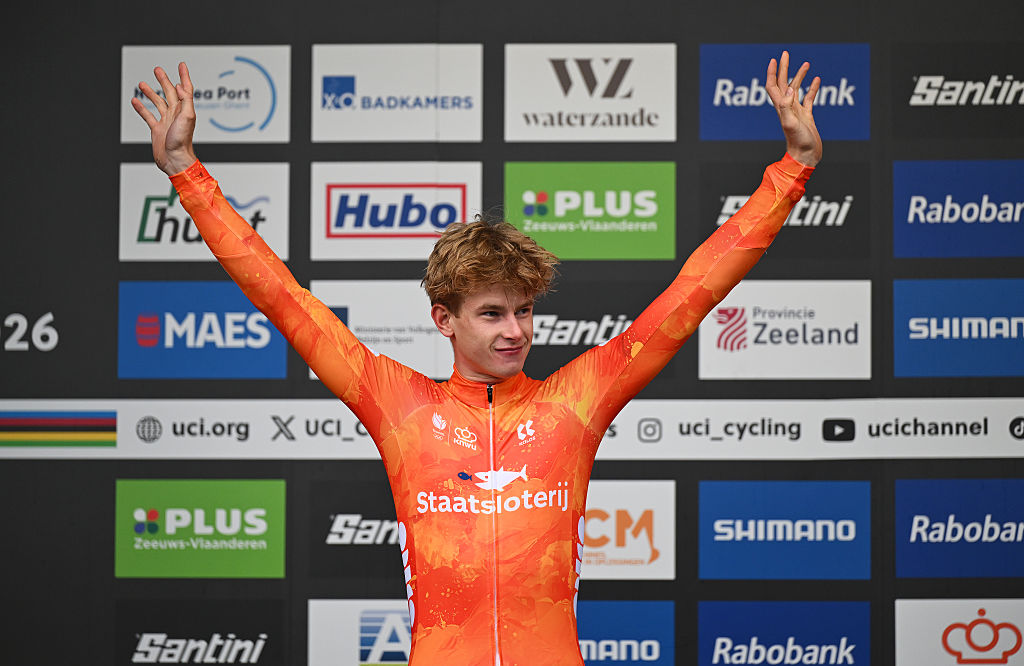Albasini stays solid for seventh in Liege-Bastogne-Liege
Swiss rider is best-placed finisher for Orica-Scott in La Doyenne
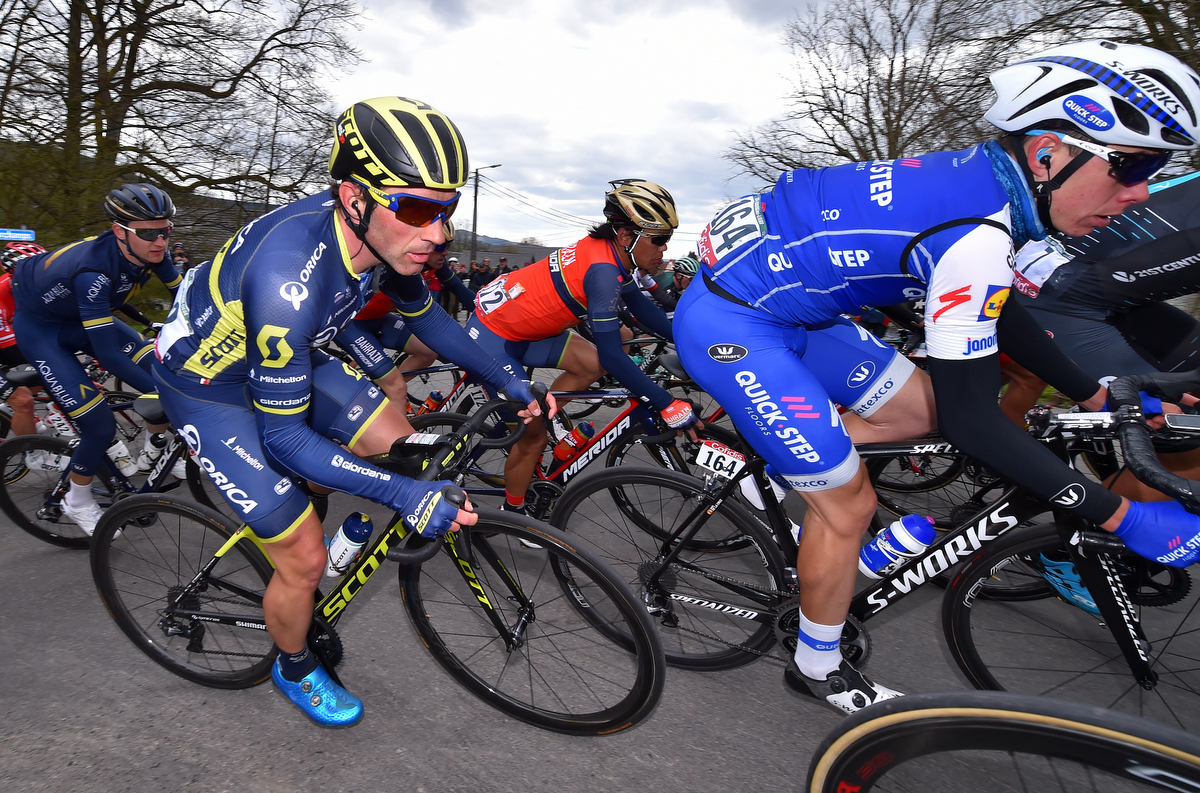
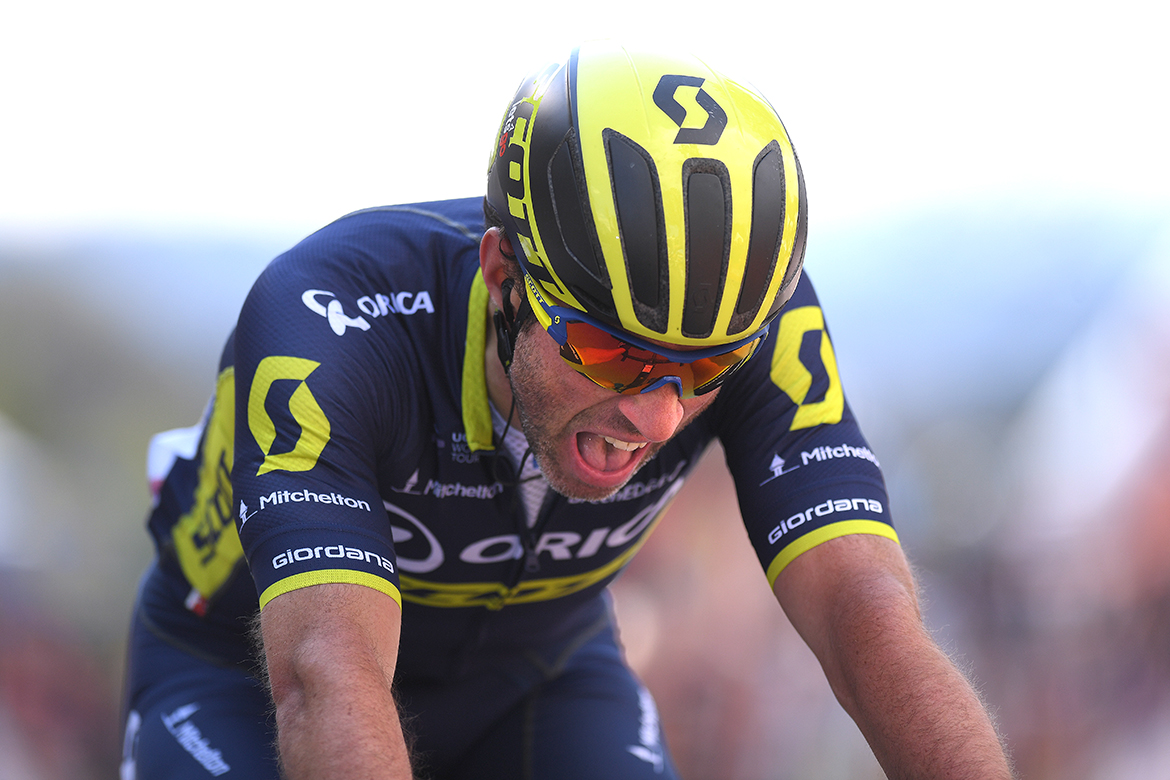
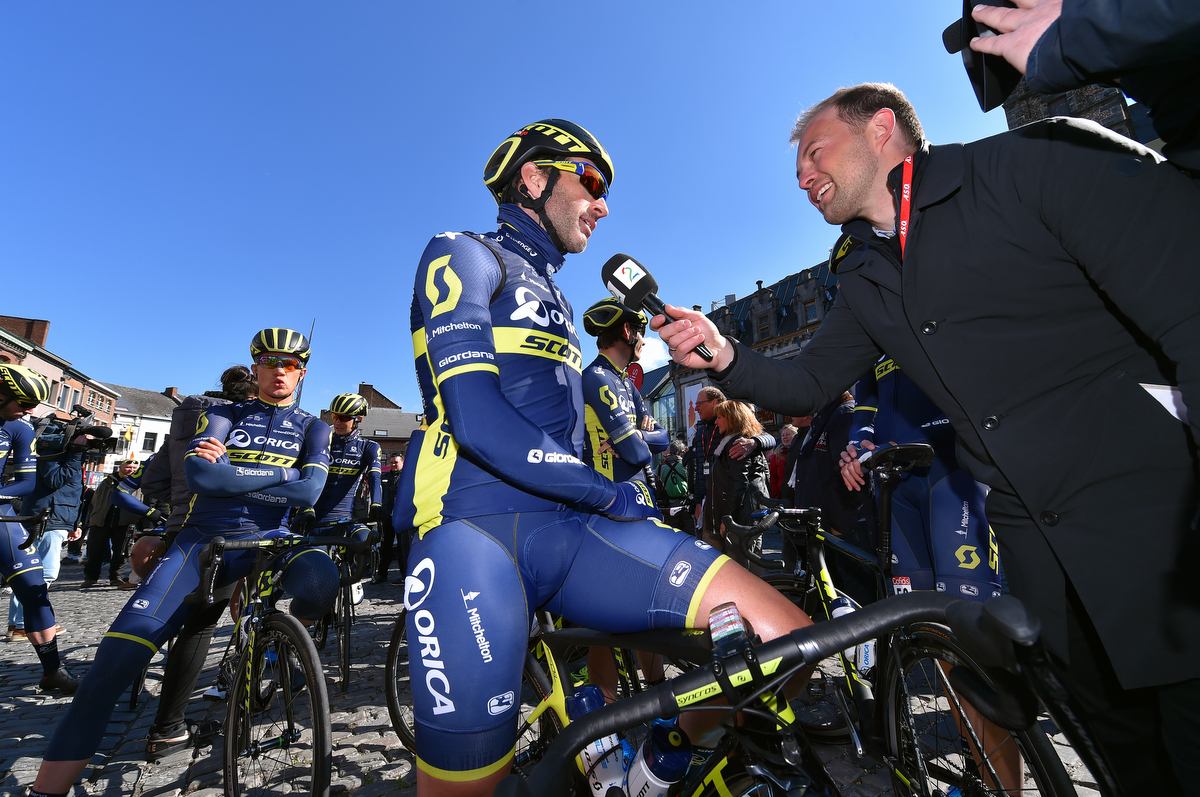
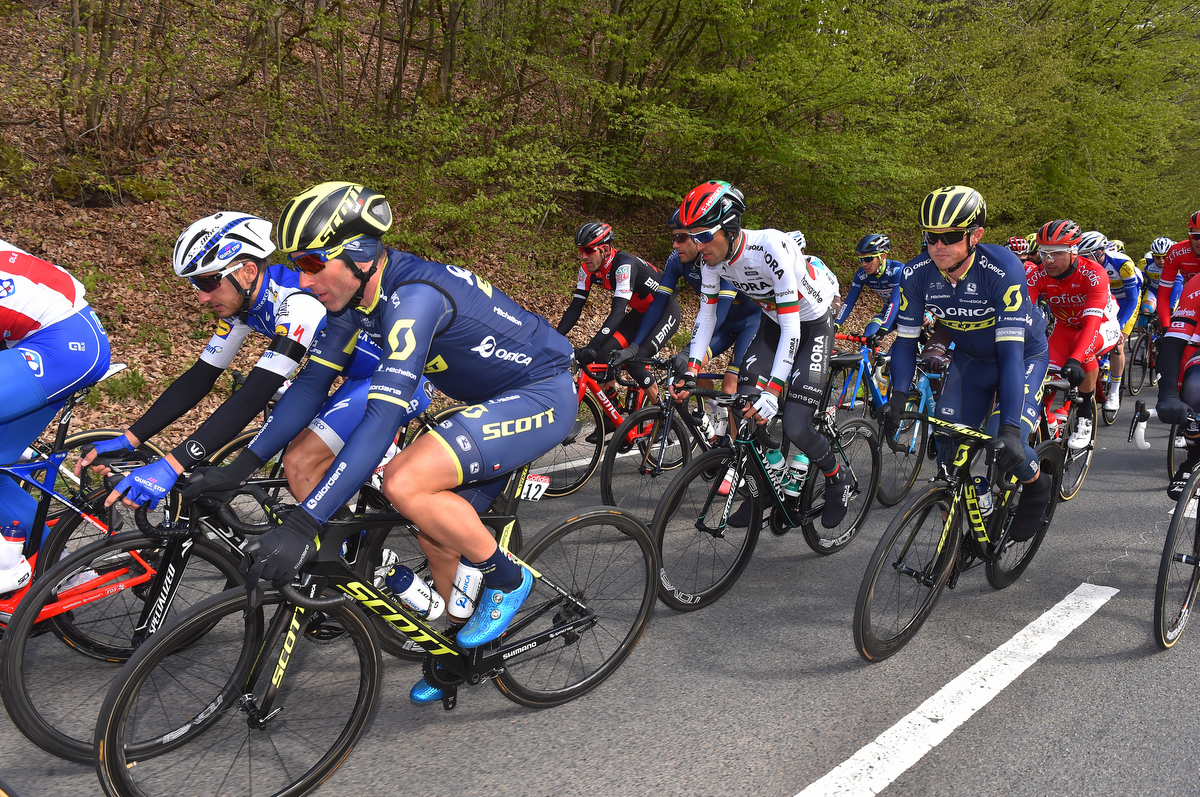
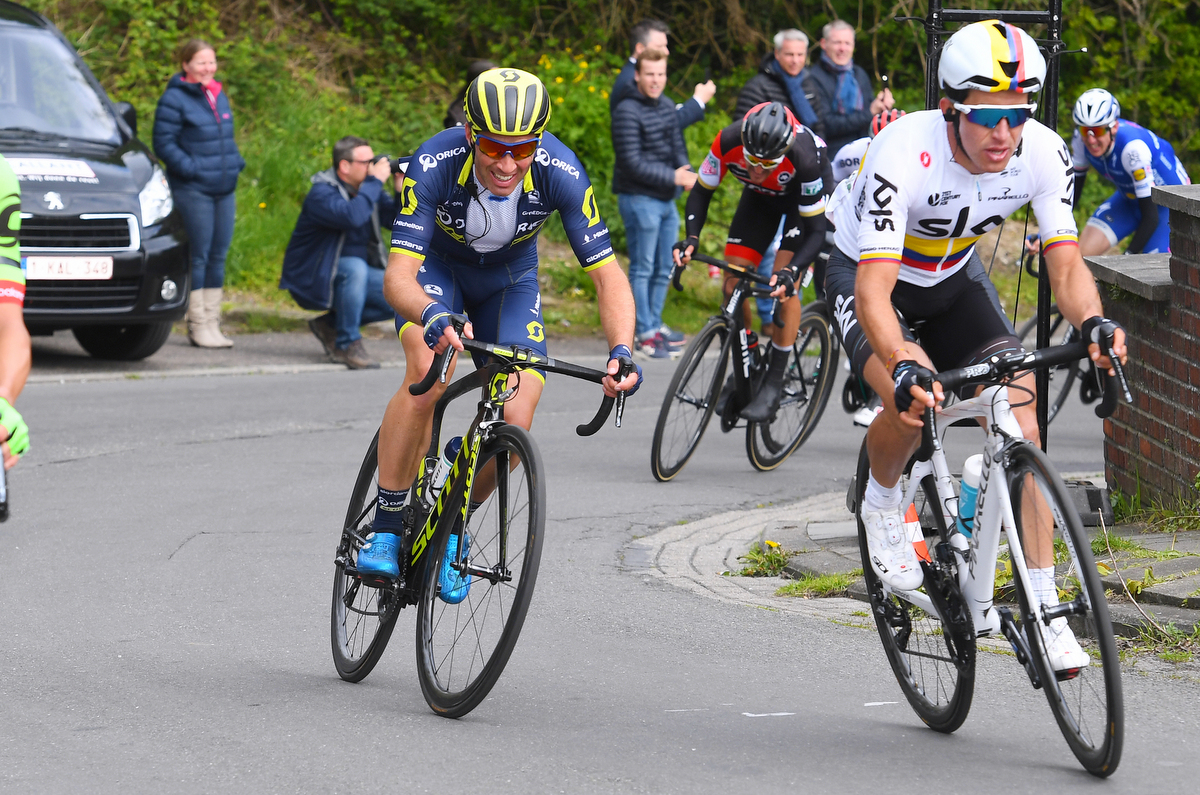
Third, fifth and seventh in Amstel, Flèche and Liège-Bastogne-Liège this April has left Michael Albasini (Orica-Scott) satisfied with his best all-around performance in the Ardennes but also wondering what might have been had Sunday's race had played out slightly differently.
In addition to launching a driving attack on the Cote de Saint-Nicolas, Albasini also produced Orica-Scott's best result at Liège-Bastogne-Liège, and there was no denying the team were one of the few to try to shake Movistar's near-stranglehold on the race from all angles. Simon Gerrans, himself a winner in 2014, was the only top name to try a real long-distance attack, from nearly 80 kilometres out. Although that move failed to garner enough strength in numbers to work, Roman Kreuziger, Albasini and Adam Yates - eighth in Ans - all produced top rides.
"We did really good teamwork today," Albasini said to a small group of reporters after he had showered and changed. He was second in 2016, and said, "I think we would have deserved a podium again."
"In the end, I couldn't hold Alejandro's wheel, and maybe I paid for making an effort on Saint-Nicolas. I should have played my hand a bit differently, I definitely paid for that. So that was maybe not the best, but we were up there with three guys and I reckon it was a good team effort. We also showed that Adam is ready for the Giro."
"For myself, three top ten places is a really good result, but we were aiming for a podium."
His mission, he explained, was to watch out for Sergio Henao (Sky) and Alejandro Valverde (Movistar), so going with Henao on the Saint Nicolas was the logical thing to do, and then he followed Valverde. Moreover, as the experienced Swiss rider pointed out, hindsight is a wonderful thing.
"Maybe I didn't switch quickly enough to Valverde, but you know, after the race, it's always easy to say what should and shouldn't have been done. For sure, looking back I should have waited a bit on Henao and let the other guys close the gap, but that's how it is.
The latest race content, interviews, features, reviews and expert buying guides, direct to your inbox!
"At the end, the guys did everything right to put me in the perfect position, and I had nothing left in the tank. You always want to pay back great teamwork, but certainly a seventh place doesn't do that. Seventh is a good place to get, but it's not the result we wanted to have."
There was also a very fast pace throughout the last part of the course, he said, that made it harder for attacks to stick, "and you could see that because we let a group go early, get 12 minutes or whatever."
"First you have to chase them down before you start the game, and even when Movistar stopped riding [on the front] to put pressure on the other teams [to collaborate], there was a big gap between us and the break and we had to go flat out to chase those guys down. That made the race really fast."
The idea of Gerrans going up the road, he said, fell into the category of different strategies for beating Valverde, as one way of trying to test Movistar's defences early on. "If you never try, nothing happens," he pointed out.
When asked if Valverde is beatable in the Ardennes Classics, Albasini joked, "Sure - he's beatable, just nobody's figured out how yet."
Alasdair Fotheringham has been reporting on cycling since 1991. He has covered every Tour de France since 1992 bar one, as well as numerous other bike races of all shapes and sizes, ranging from the Olympic Games in 2008 to the now sadly defunct Subida a Urkiola hill climb in Spain. As well as working for Cyclingnews, he has also written for The Independent, The Guardian, ProCycling, The Express and Reuters.

